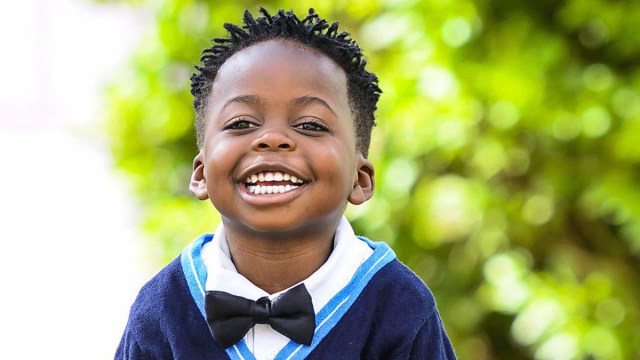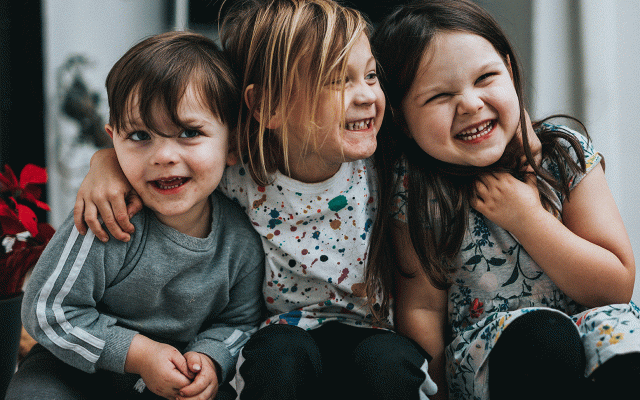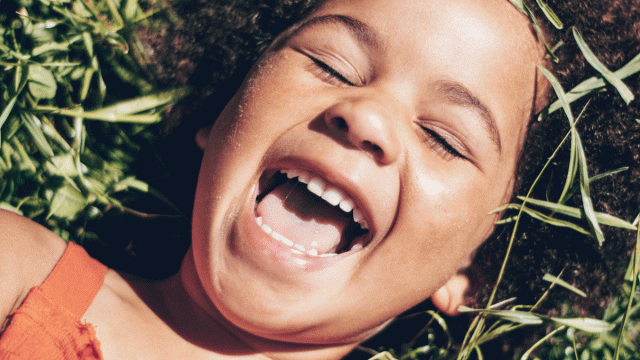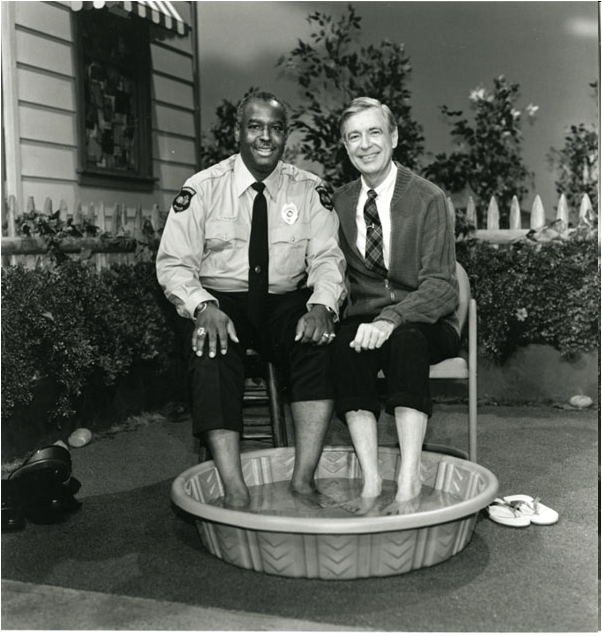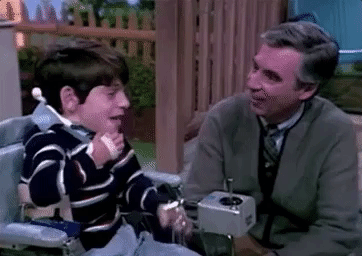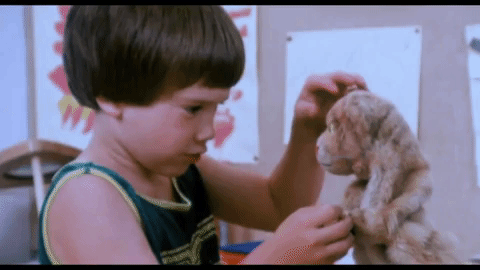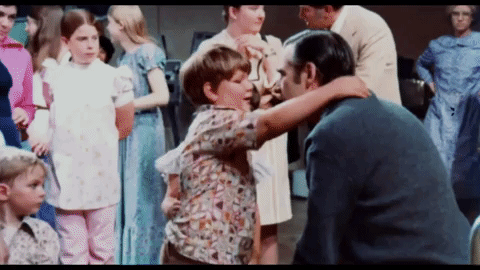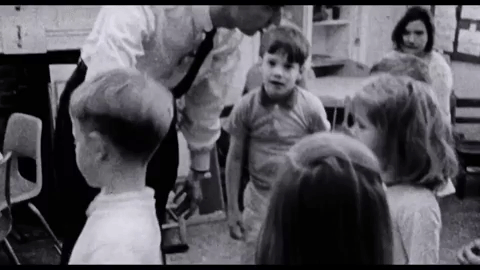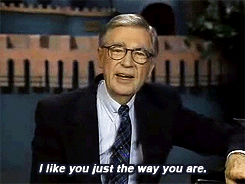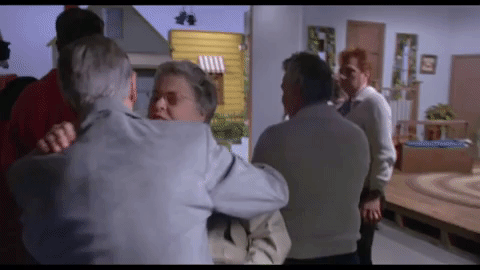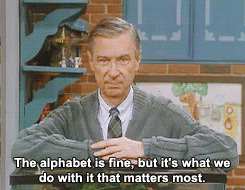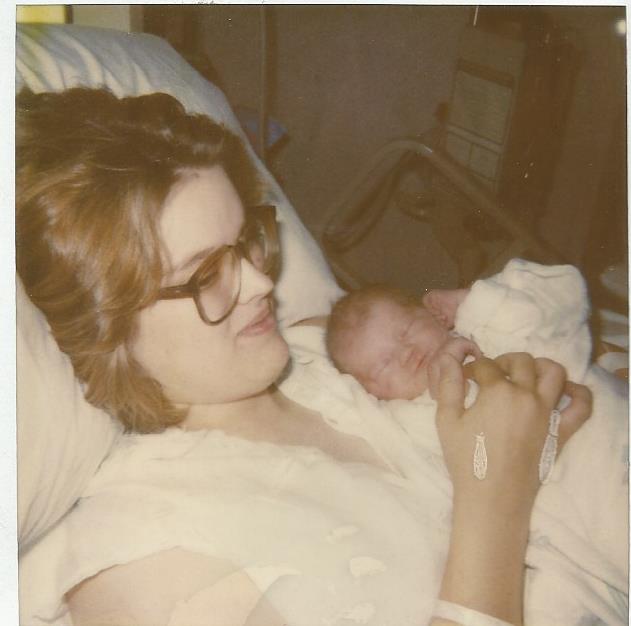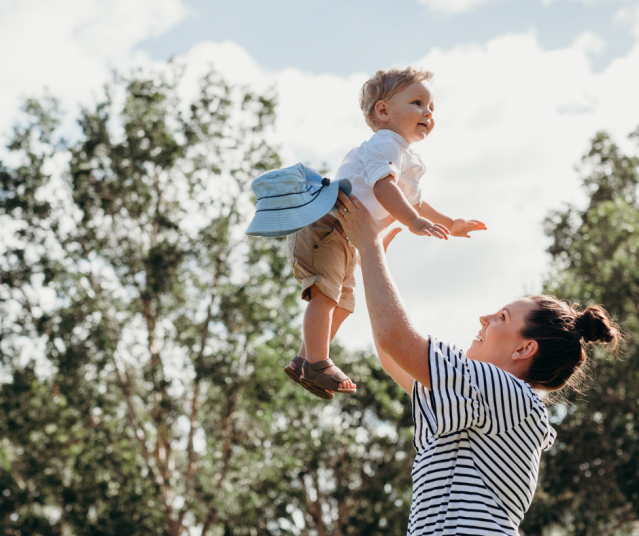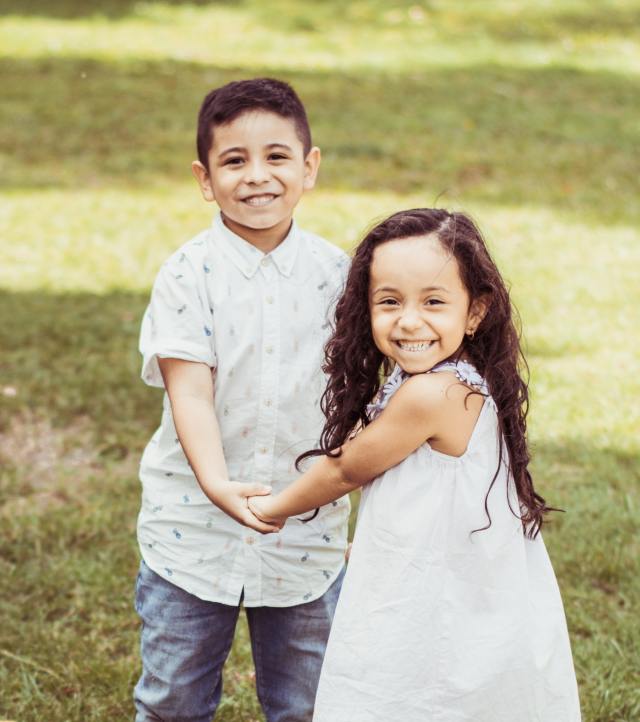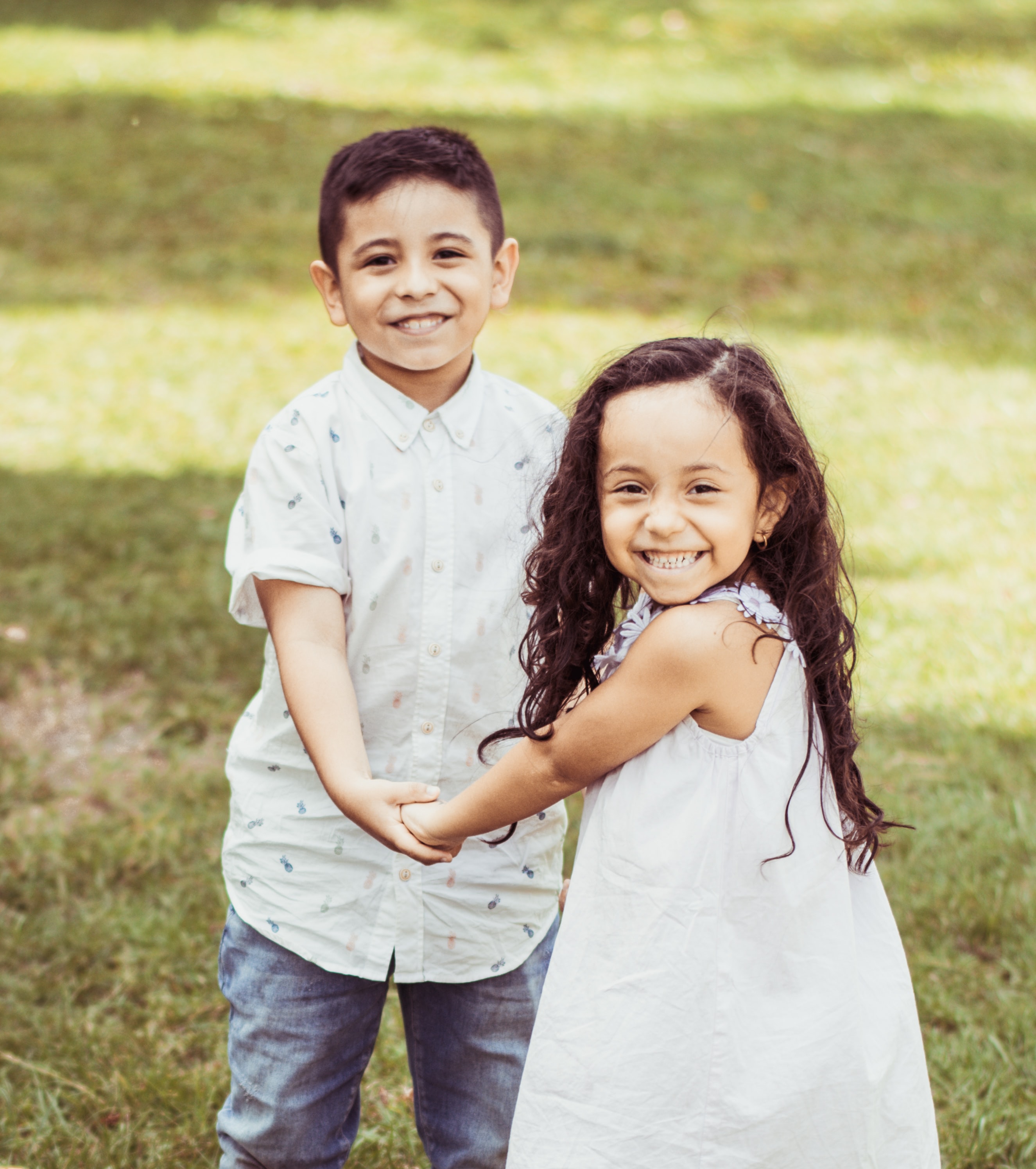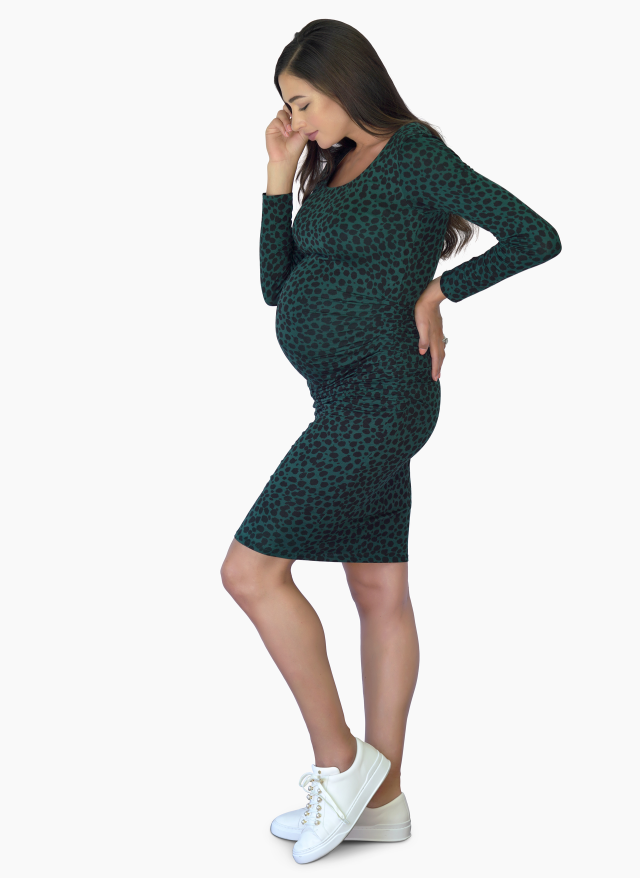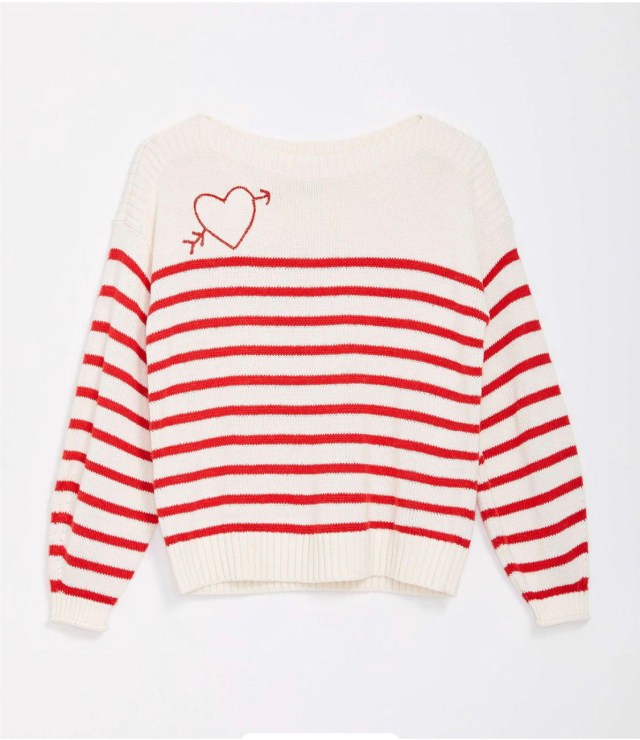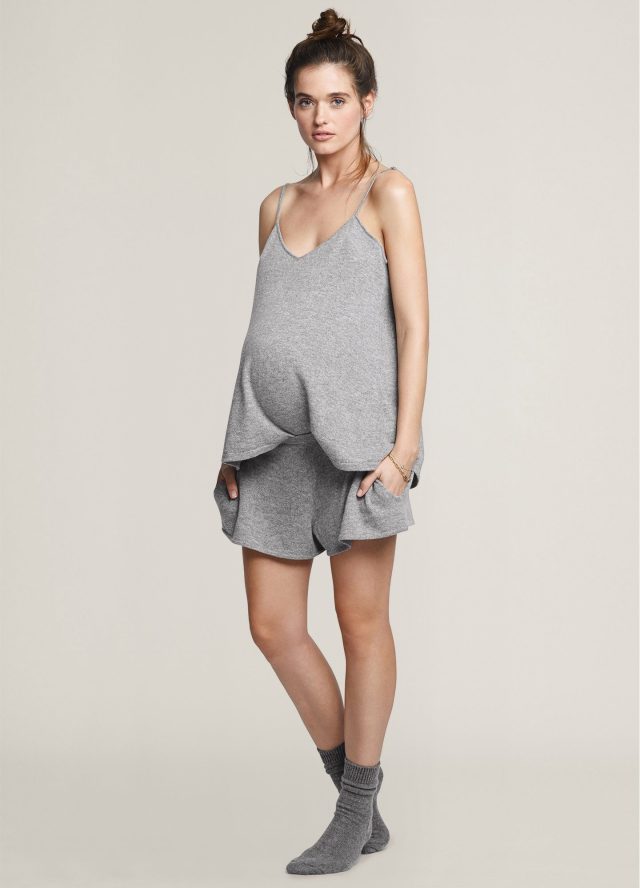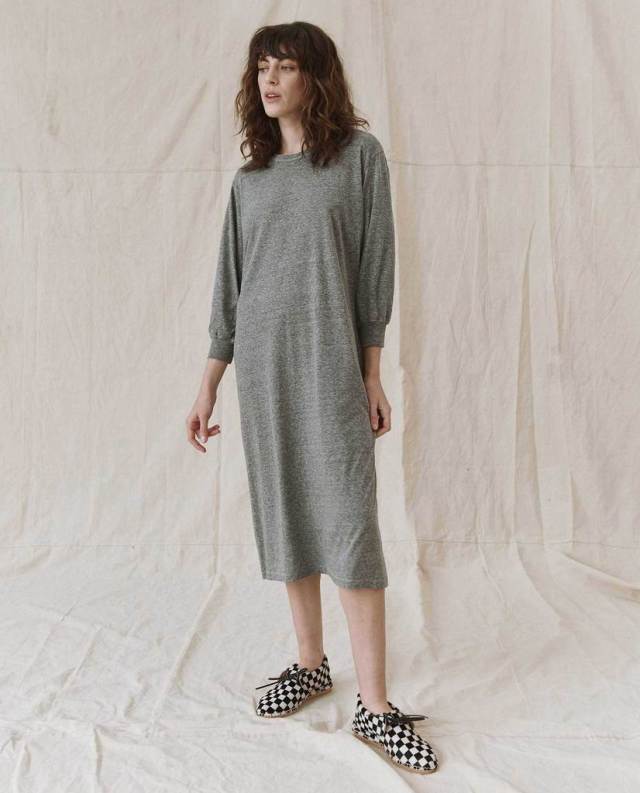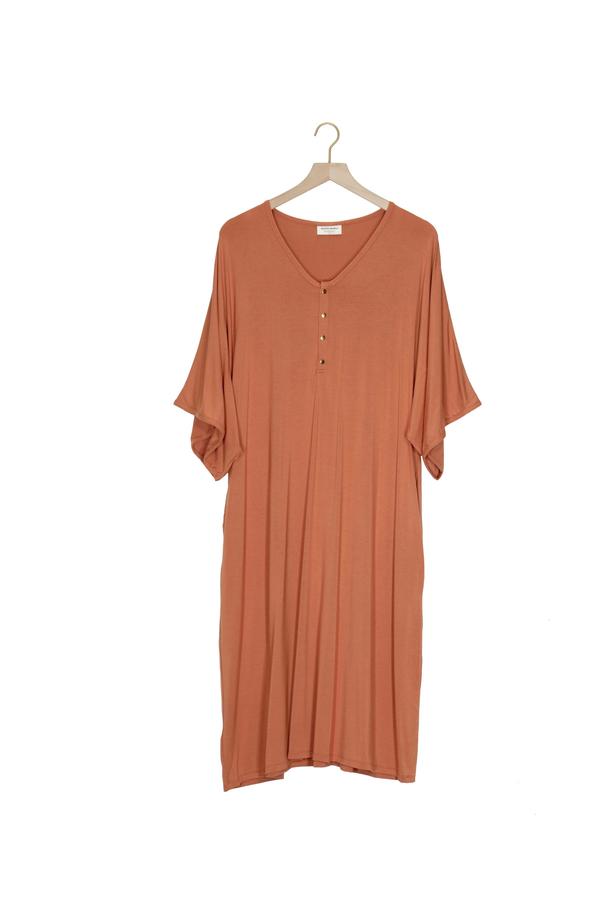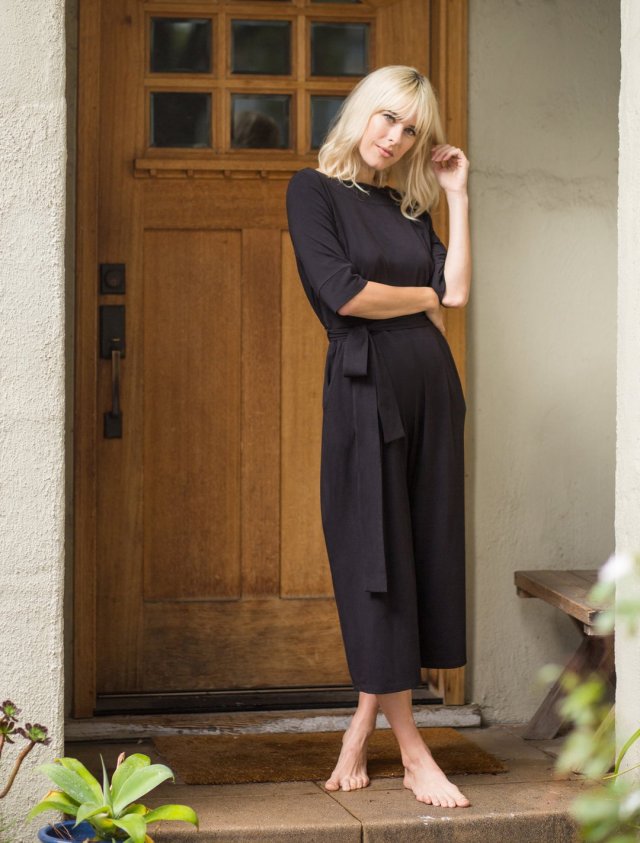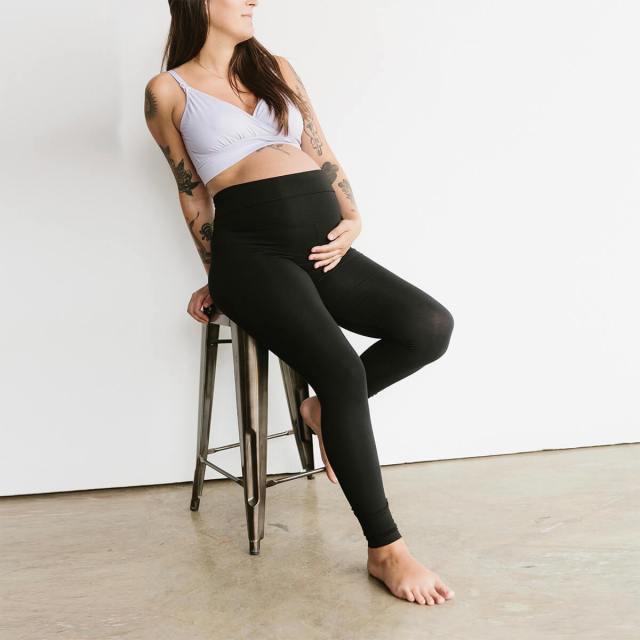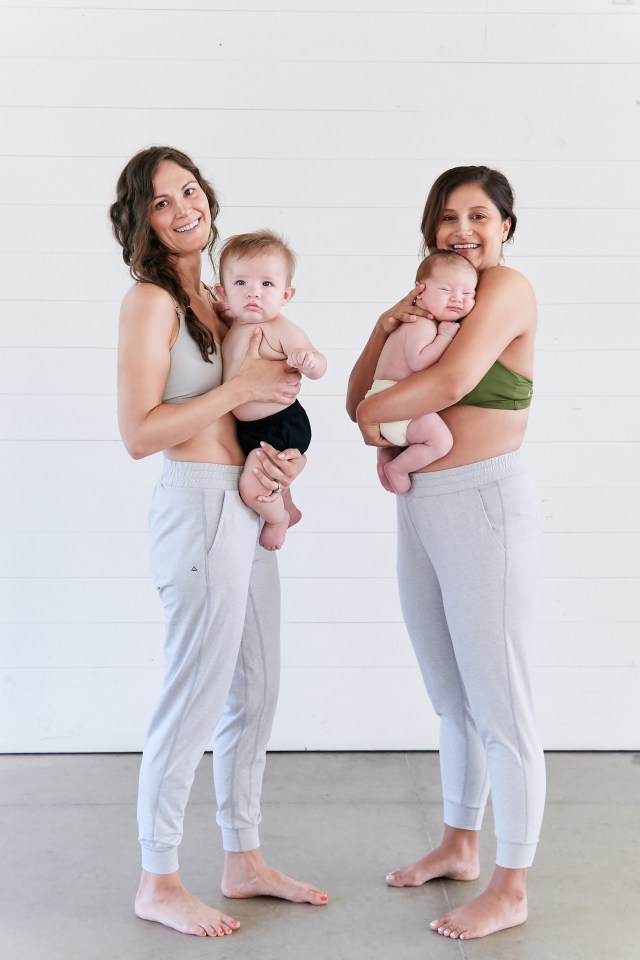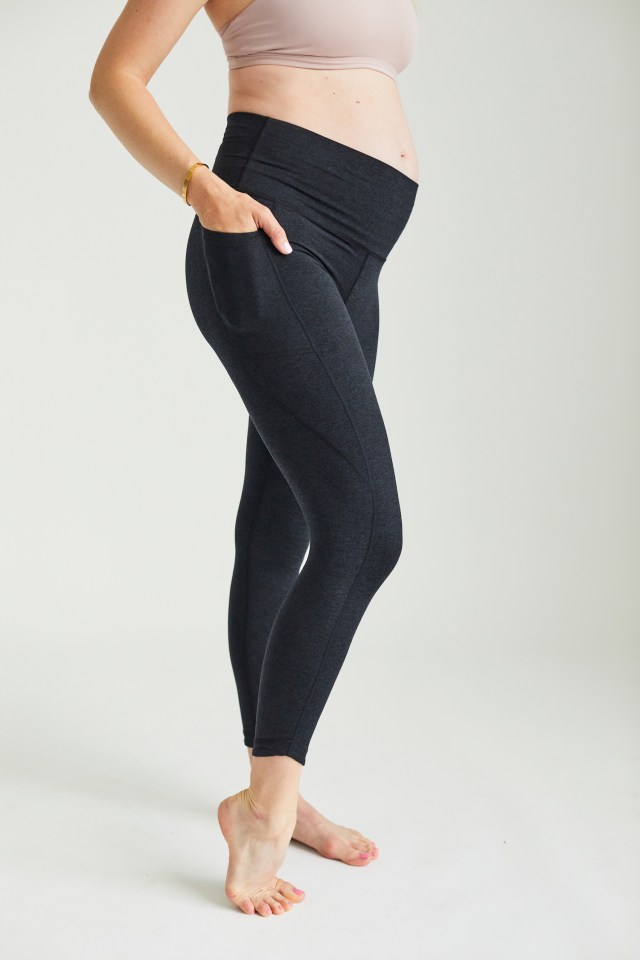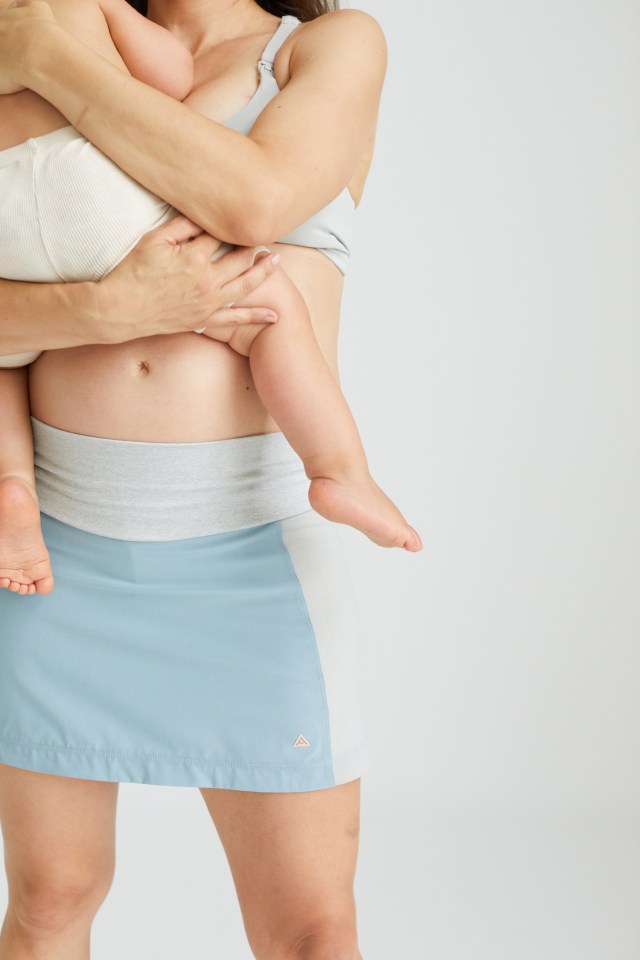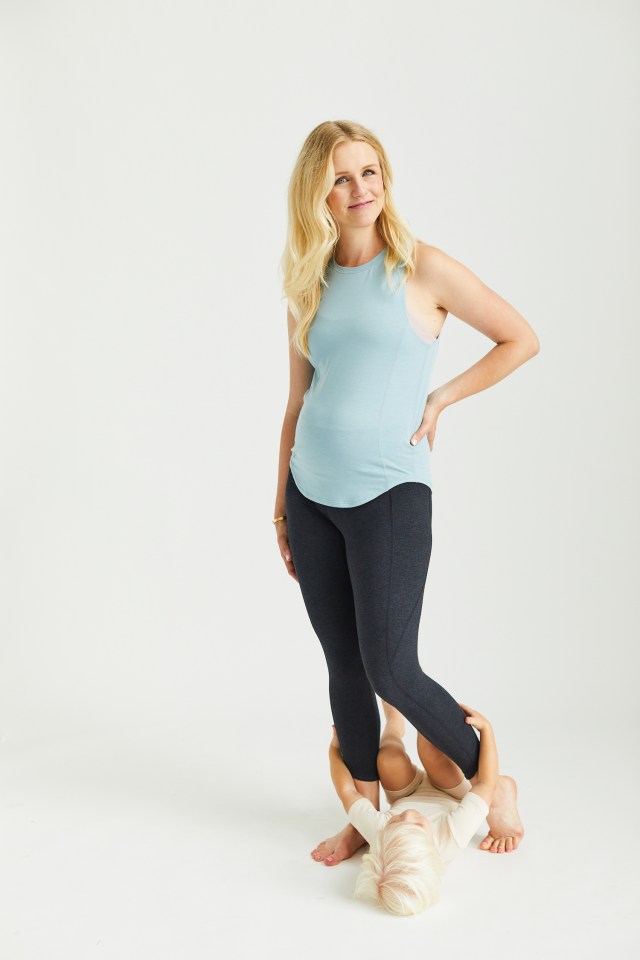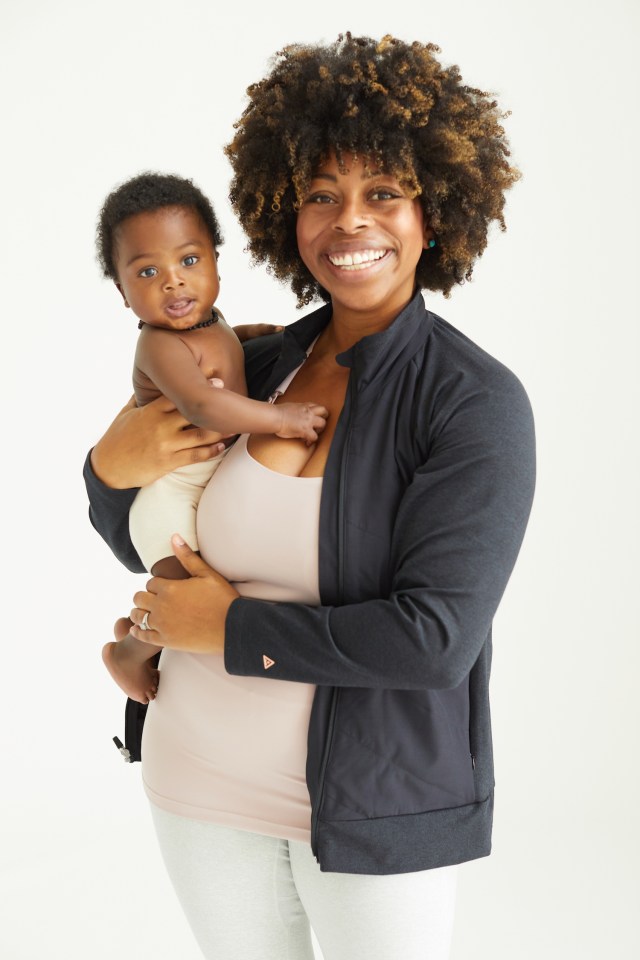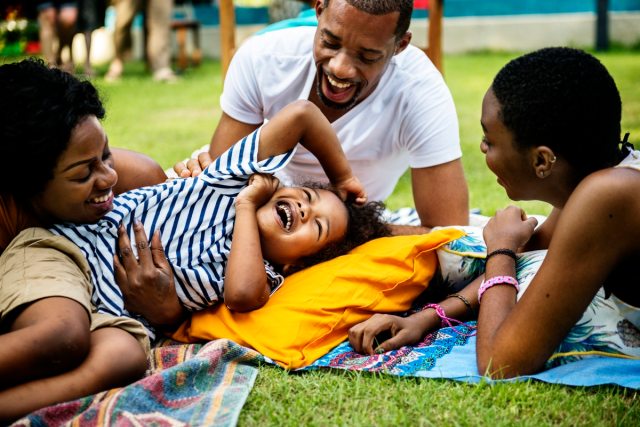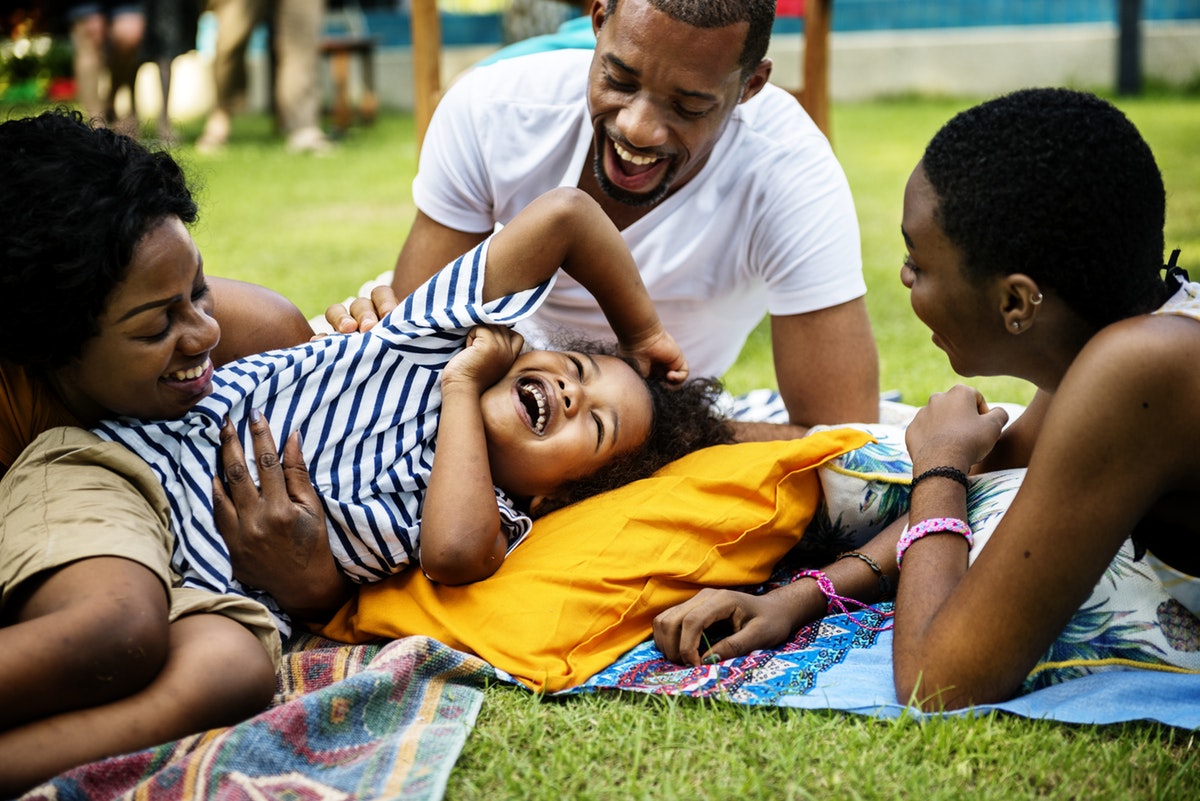
Photo: Canva Stock Photo
Ah yes, the toddler phase. Once the sweet yet exhausting infant days are over, the toddler years rush in. There may be a few months in-between of sweet and easy limbo, but once babies grow into full-blown toddlers, the challenges begin anew.
Dealing with a toddler on a daily basis is no easy feat. Sure, they are adorable, and the rate they learn is astonishing and exciting. But tantrums, constant activity, running, strong little opinions, need for entertainment, all that talking and endless needs can really wear on a parent’s nerves.
It is really important for caregivers to care for themselves, too, especially in the toddler years. Below you will find a list of five ways you can stay sane and balanced while caring for a toddler. This list includes both things to do as well as ways to be to keep your mind centered, your nervous system more relaxed and your perspective healthy.
1. Cultivate Presence in the Moment: It is easy to get carried away by a toddler’s energy and activities. One minute they are destroying a lego mansion and the next they are running down the street with no pants on. If you as a caregiver are not able to maintain your sense of self and presence, you will get taken for a ride, frazzled, anxious and worn out.
A helpful way to cultivate more presence while care-taking is to bring part of your attention back to yourself and your own body, even while you are looking out for them. In times of relative calm, this split attention is possible and so helpful for cultivating a sense of peace within.
Some tools you can use to do this include body and breath awareness. Feel your feet on the ground, notice your steps, notice your weight on the earth, notice how the ground feels beneath you. This will ground you and center your awareness back into your own body. Another way is to notice your breath and breathe deeper or focus on the exhale to calm anxiety. One example of this is to inhale for 4 counts and exhale for 8 counts. Repeat as many times as necessary.
These simple yet profound practices will help you to feel more sane and centered while caring for a toddler.
2. Meditate during Nap Time or When You Have Breaks: I know this one is hard for most people, myself included at times. It is so tempting to do something else during downtimes to get things done or to just veg out. But, instead of scrolling on Instagram, making endless to-do lists or scrambling to clean the kitchen, spend that precious quiet time really resourcing yourself with the practice of mindfulness meditation so that when the tornado starts again you are in a calm and balanced place. You can scroll and make lists later. If you don’t know how to meditate, invest a little time and energy into a mindfulness meditation course, many of which can be found online. You will be amazed at how much this simple and ancient practice will enhance your life and sanity.
3. Regularly Schedule in Alone Time: The next important part of keeping your cool while care-taking a toddler is to take quality time off as often as you can. Find a sitter or enlist dad, another family member or friend to be with the kids once a week or a few times a month. Don’t just wait until you are at an emergency state of freak-out in order to get some time off. Plan ahead and do it often, even when you feel like a super mom that can handle anything.
During your alone time, do things that truly nourish you. Don’t go shopping at Target or clean during that time. Don’t go to a class either. You can do that another time. Spend this special time really cultivating your relationship with yourself, your own body, breath, and mind-space. Go on a nature walk. Meditate. Go for a swim. Read a book by the ocean or in a forest. Write in your journal. Do a solo yoga practice at the park. Walk the urban streets aimlessly and take in the culture, people and vibes. Whatever makes you feel alive, fueled up, chilled out and like yourself.
Even if you have to hire a sitter, do it. It will help you keep your sanity and a more joyful perspective when you are with your kid and doing your mom duties day after day.
4. Be Flexible: When caring for a toddler, especially when trying to do something outside of the house, things will not go as you plan. Expect this. Let go of expectations around when, where and how. Be forgiving of yourself if you miss playdates or are late, and ask that your friends or hosts be forgiving as well. Bring snacks wherever you go, and be open to a change of plans like an impromptu snack picnic on the sidewalk or a stop at the swings at the park on the way to the restaurant. The more relaxed you can be about your plans and accomplishments for the day with a toddler, the more fun you both will have, and the less stressed out you will be. The saying “go with the flow,” is so relevant to toddler care-taking.
5. Be Compassionate with Yourself: This is perhaps the most important step. Cultivating a sense of self-compassion creates real mental health and wellbeing, especially as a parent. And, often, it is so hard to do. But, learning to be nice to yourself in your own head, even when things aren’t going well, will help you feel sane and balanced, even on the hard days.
If you lose your temper, that’s ok. If you don’t even get out of the house all day, that’s ok. If everything is still a mess when you go to sleep, that’s ok. Caring for a toddler is chaos sometimes, and really hard. If you find yourself yelling back at them sometimes, even though you read in all the parenting books that you’re not supposed to do that, it’s ok. None of that makes you a bad mom or a bad person.
Be easy on yourself during these toddler years. Let things be messy, let yourself make mistakes, and let it not mean anything about you as a person. You are human, with your own feelings and with so much else to manage. Cut yourself slack, be kind to yourself in your own head, forgive yourself when things go awry, and remind yourself always that you are doing the best that you can.
The toddler years will pass in time, and the next challenging phase will begin. So learn to master these tools to care for your own inner peace, and it will pay off for the rest of your life. Take time off, cultivate your presence, be flexible, be compassionate with yourself and learn to truly nourish yourself when you have quiet moments, and you will be well on the road to truly maintaining your sanity and balance even while caring for toddlers.
Flow is an Author and Memoir Writing Coach for Womxn. Feeling the call to write your true life story into a book that inspires? Sign up to join a Free Memoir Writing Breakthrough Workshop through her website, and get the clarity and momentum you need to make it happen.
